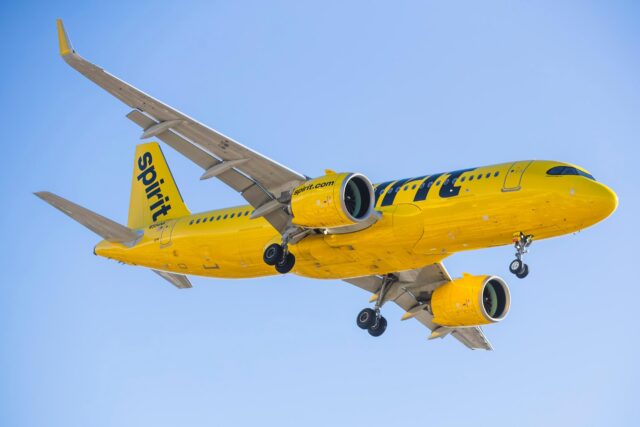
Airport charges have remained steady since the pandemic, while airfares have soared above pre-pandemic levels as major airlines reap record profits hampering the aviation industry recovery, reveals ACI Asia-Pacific’s study on airfare trends in the region.
The comprehensive study, undertaken in collaboration with Flare Aviation Consulting, examined around 36,000 routes in the top 10 aviation markets in Asia-Pacific and the Middle East, reveals an alarming increase in international airfares by up to 50%, while domestic routes went up by less than 10%. The markets that saw the highest airfare increase are India (41%), United Arab Emirates (34%), Singapore (30%) and Australia (23%).
ACI study
Unexpectedly, in the first quarter of 2023, despite a progressive increase in traffic, domestic airfares have continued to increase in several of these markets, including India, Indonesia, Saudi Arabia, South Korea and Japan, only decreasing marginally on international routes.
Airlines are capitalising on low competition and pent-up demand to increase profits and recover losses incurred during the pandemic, while airports continue to provide enhanced services to passengers despite incurring heavy operational and capital expenditures.
Financial burden
Expressing concerns about the high-pricing practice, Stefano Baronci, Director General of ACI Asia-Pacific, said: “These excessive airfares threaten the industry’s long-term recovery and may have a far-reaching influence on the associated industry by reducing demand for air travel and increasing the financial burden on the already stressed sector.
“Airlines should exercise fair pricing that supports recovery and safeguards consumers’ interests. A supply-demand imbalance should not be exploited by airlines at the expense of customers by restricting the capacity, especially international one which is a key driver of social and economic growth and a major source of revenues for the airport sector.
“We urge airlines to carefully consider the long-term impacts of their pricing decisions. At the same time, Governments must consider liberalising markets through policies such as open skies, which will allow competition while keeping airfares under control.”
Subscribe to the FINN weekly newsletter
















